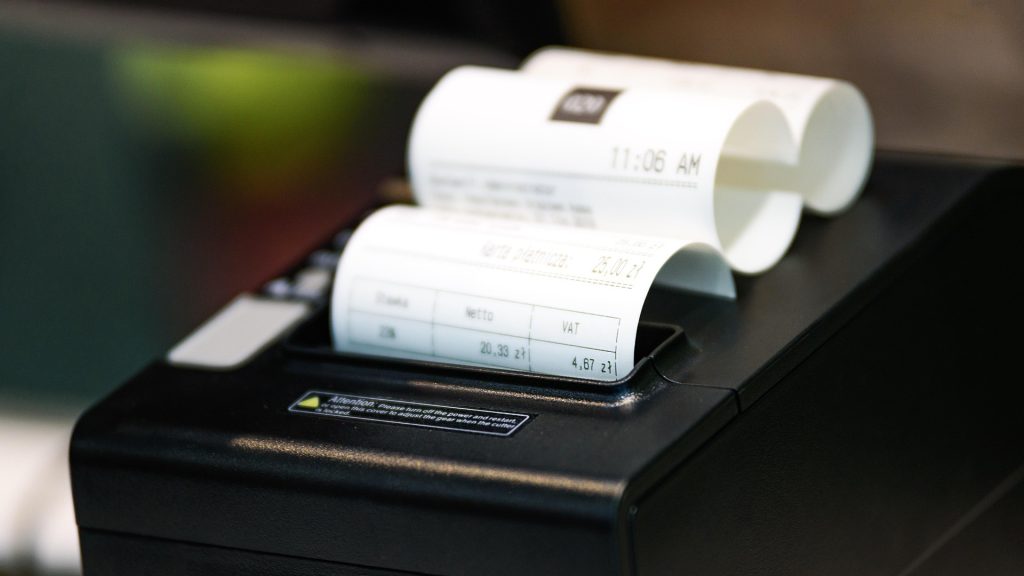Chemist Tatiana Quezada warns that handling paper receipts could expose us to a hormone-disrupting chemical.
Others are reading now
Grabbing a receipt after shopping might feel routine, but according to chemist Tatiana Quezada, this everyday habit could be quietly affecting your health.
Thermal paper receipts, commonly used in retail, often contain the chemical bisphenol A (BPA). BPA has been linked to various health issues.
Although BPA is widespread in plastics and food packaging, Quezada points out that receipts are particularly concerning because the chemical can be absorbed directly through the skin.
“Even if you only touch it for a few minutes and then wash your hands, it’s still absorbed,” she explains to El Economista.
Also read
Europe Banned It—But It’s Still Around
While the European Union officially banned BPA in receipts in 2020, studies suggest the chemical is still lurking.
A recent analysis by the University of Granada found BPA in 90% of tested receipts, indicating that regulations may not have fully eradicated the threat.
This issue was also highlighted in a podcast episode of Lo que tú digas, where researchers called the findings “surreal” but confirmed by lab analysis.
Despite regulatory efforts, thermal paper containing BPA continues to circulate widely.
Hand Sanitizer Can Make It Worse
Quezada also warns about a lesser-known risk: using hand sanitizer before handling a receipt. “Using hydroalcoholic gel can actually increase the skin’s absorption of BPA,” she notes.
In one study, BPA levels on hands spiked dramatically within seconds after contact with a receipt if sanitizer had been used first.
Since BPA mimics estrogen, even small exposures can disrupt hormonal balance.
Long-term risks include infertility, endocrine disorders, and certain cancers, according to multiple scientific reviews.
Digital Over Paper
To minimize exposure, Quezada recommends asking for digital receipts whenever possible—not just for your own safety, but also for the cashiers who handle receipts all day long.
“It’s not about panic,” she says, “but about making small, informed choices that can protect your health in the long term.”


